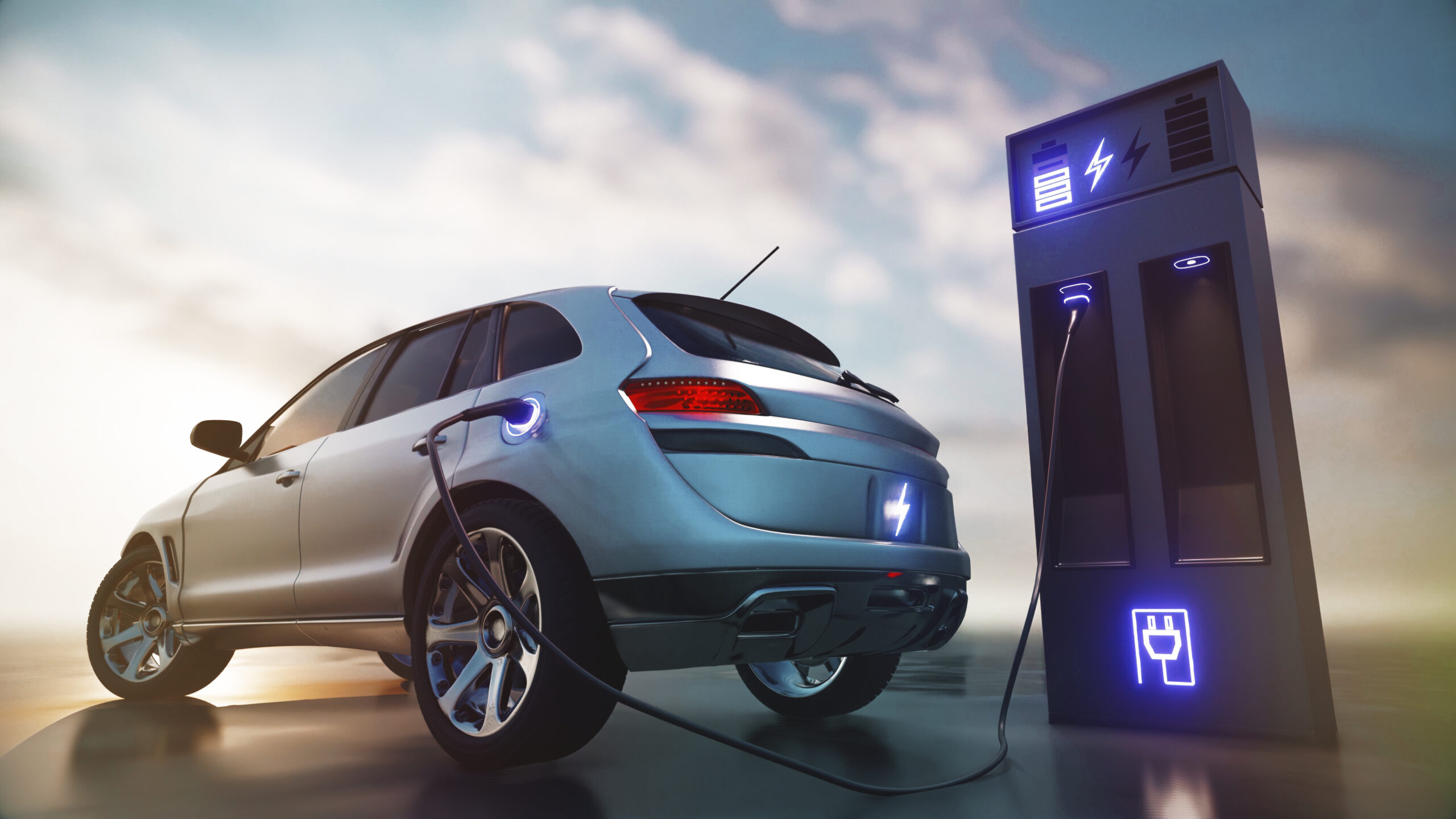A new study from the University of Queensland has found that many people believe false information about electric vehicles (EVs), and this is often linked to a belief in conspiracy theories.
The study surveyed over 6,300 people from Australia, the United States, Germany and Austria. It found that false claims about EVs are widely accepted even by people who already own them.
Common Myths About EVs
The research showed that most people were more likely to agree with false statements than reject them.
These myths included ideas like EVs being more likely to catch fire than petrol cars, giving off harmful radiation, or producing more emissions than petrol or diesel vehicles.
Many people also believe that EV batteries can’t be replaced or upgraded. Even EV owners often believed one or more of these false claims.
Conspiracy Beliefs Drive Misinformation
Professor Matthew Hornsey, the study’s lead author, said the strongest link to believing EV myths was having a “conspiracy mentality.” This means a person is more likely to think that powerful groups are hiding the truth.
“The biggest predictor of whether a person accepted misinformation statements was actually conspiracy mentality — a tendency to believe conspiracies occur and seeing the world through a lens of corruption and secret agendas,” Professor Hornsey explained.
He also noted that education didn’t help much. Even people with university degrees were just as likely to believe misinformation if they had this kind of thinking.
“The results show public understanding of EVs has been distorted by an information landscape shaped by myths, selective framing and speculative reasoning,” he said.
False Information Is Spreading Quickly
Dr Chris Bretter, another researcher on the project, warned that misinformation about EVs is spreading fast and is now deeply embedded in society.
“The misinformation statements we tested included that EVs are more likely to catch fire than petrol cars, do not produce emission savings and emit electromagnetic fields that damage health … all claims which are demonstrably false,” Dr Bretter said.
“We know this sort of false information is out there and circulating, but the scale of acceptance is concerning and poses a significant challenge to the global transition to more sustainable transport.
“The fact that even EV owners were more likely than not to agree with misinformation underscores just how embedded it’s become in society.”
AI and Facts Can Help
To fight back against the spread of false claims, the researchers tested two ways to help people learn the truth: a fact sheet and a conversation with a generative AI chatbot.
Both tools helped reduce belief in misinformation. Even 10 days later, people who used either method were less likely to believe the myths.
“This is the first evidence that non‑curated conversations with Generative AI can have positive effects on misinformation,” Dr Bretter said. “It shows promise for possible future solutions on a large scale.”
As more countries work to cut emissions by switching to electric transport, access to the right information becomes more important. Trust in clean technology will play a big part in reaching climate goals and making our roads more sustainable.
Did you find this article interesting? Click the ‘heart’ button above to give it a ‘like’!



















